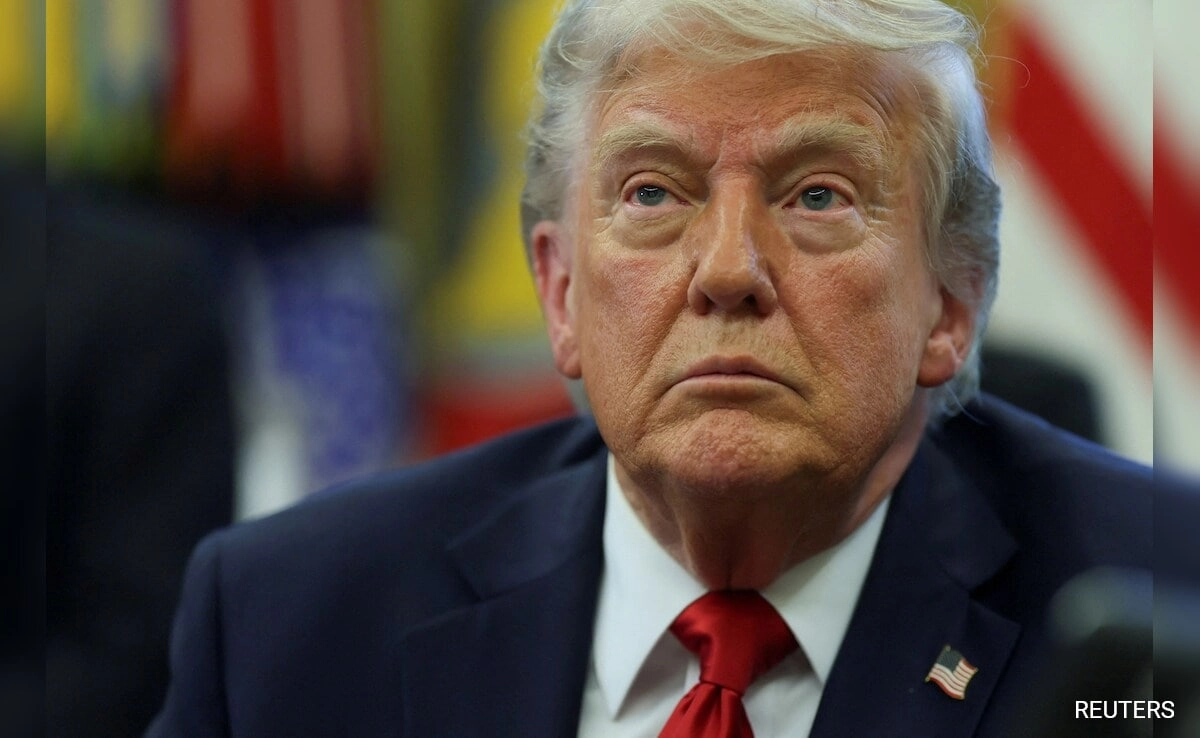In a recent speech delivered in Michigan, former President Donald Trump made a series of claims that sparked considerable debate and scrutiny. As he often does, Trump employed bold rhetoric to emphasize his points, touching on various topics ranging from the economy to election integrity. However, the veracity of his statements raised questions among analysts and fact-checkers. For instance, Trump asserted that his administration had achieved unprecedented economic growth and job creation, a claim that, while supported by some economic indicators during his tenure, does not account for the broader context of the economic landscape, including the impacts of the COVID-19 pandemic that significantly altered the job market and economic conditions.
Additionally, Trump reiterated his allegations regarding election fraud during the 2020 presidential election, which he claimed was rife with irregularities that ultimately cost him the presidency. Despite his assertions, multiple investigations and court rulings have consistently found no substantial evidence to support claims of widespread fraud. These assertions have been widely discredited by numerous election officials, both Republican and Democrat, as well as independent observers. Trump’s insistence on these points reflects a broader narrative that seeks to undermine public confidence in the electoral process, a stance that has implications for future elections and civic engagement.
Furthermore, the former president’s speech also touched upon issues such as immigration and trade, where he claimed that his policies had led to enhanced national security and economic prosperity. While it is true that his administration implemented stringent immigration measures and renegotiated trade agreements, the long-term effects of these policies are still being evaluated. Critics argue that some of these policies may have had detrimental effects on certain sectors of the economy and could have unintended consequences on labor markets and international relations.
In summary, Trump’s speech in Michigan encapsulated his characteristic approach of blending personal anecdotes with policy claims, but the accuracy of these claims warrants careful examination. As the political landscape continues to evolve, it is crucial for voters and citizens to critically assess the information presented by public figures and to differentiate between rhetoric and factual evidence. This ongoing dialogue about truth and accountability is essential in fostering a well-informed electorate capable of making decisions based on accurate information and comprehensive understanding of the issues at hand.




